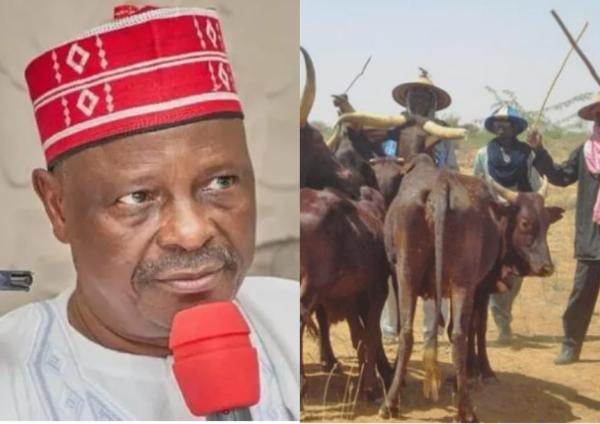
The Federal Government is taking a determined step to convince investors to explore opportunities in the Agricultural Commodity Exchange to boost agribusiness for sustainable development, as there is decline in non-oil exports amid dwindling oil resources.
Omololu Opeewe, acting permanent secretary, Ministry of Industry Trade and Investment, while assuring investors of opportunities in the sector, said: “Nigeria’s appreciation in agricultural produce exposes opportunities for Agricultural Commodity Exchange, which was the catalysts for Chinese industrialisation.”
Opeewe, who spoke on Wednesday in Abuja, at the Nigeria Investment Promotion Commission (NIPC) stakeholders forum for Strategic Agricultural Commodities for Sustainable Development, said: “There is no going back on zero oil policy by the present administration, as it looks for alternative ways of diversifying the economy through the non-oil sector.”
Notably, Nigeria Commodity Exchange is a spot exchange that trades standardised commodity contracts, and involves in integrated system of decentralised trading, warehousing, quality certification of commodities, clearing, settlement and delivery.
It could be recalled that President Muhammadu Buhari during the electioneering campaign and inaugural presidential speech singled out agriculture as a major tool for sustainable development.
Against this backdrop, Uju Hassan Baba, executive secretary, NIPC, said the NIPC had evolved strategy to advance investment in various aspects of the nation’s economy.
She said the sector would keep promoting economic linkages and technology transfer between major projects and smaller businesses to boost employment and wealth creation
Also, Zaheera Baba-Ari, managing director, Nigeria’s Commodity and Exchange, said the Federal Government should create a soft landing for investors with supportive policies, saying “Federal Government should expedite action on repairing commodity warehouses across the country which are in disrepair.
“Also, they should create a legal framework to ensure investors have a template to invest on, and having a mandatory course for farmers to properly participate in the process.”
Ethiopia is on the verge of attaining food sufficiency in agriculture due largely to enabling laws that had sustained its commodity exchange, and has been rewarding and has created wealth for its farmers, she said.
Despite Nigeria’s over dependence on oil resources, the non-oil sector, which currently contributes $2.7 billion to the GDP, still yearns for investment in cassava, sweet potato, chilli pepper, coffee, groundnut, pineapple, yam flour, cashew nuts, as the Federal Government intensifies effort through the Standards Organisation of Nigeria to ensure Nigerian products breaks even in European markets as regards international certification standards.






















